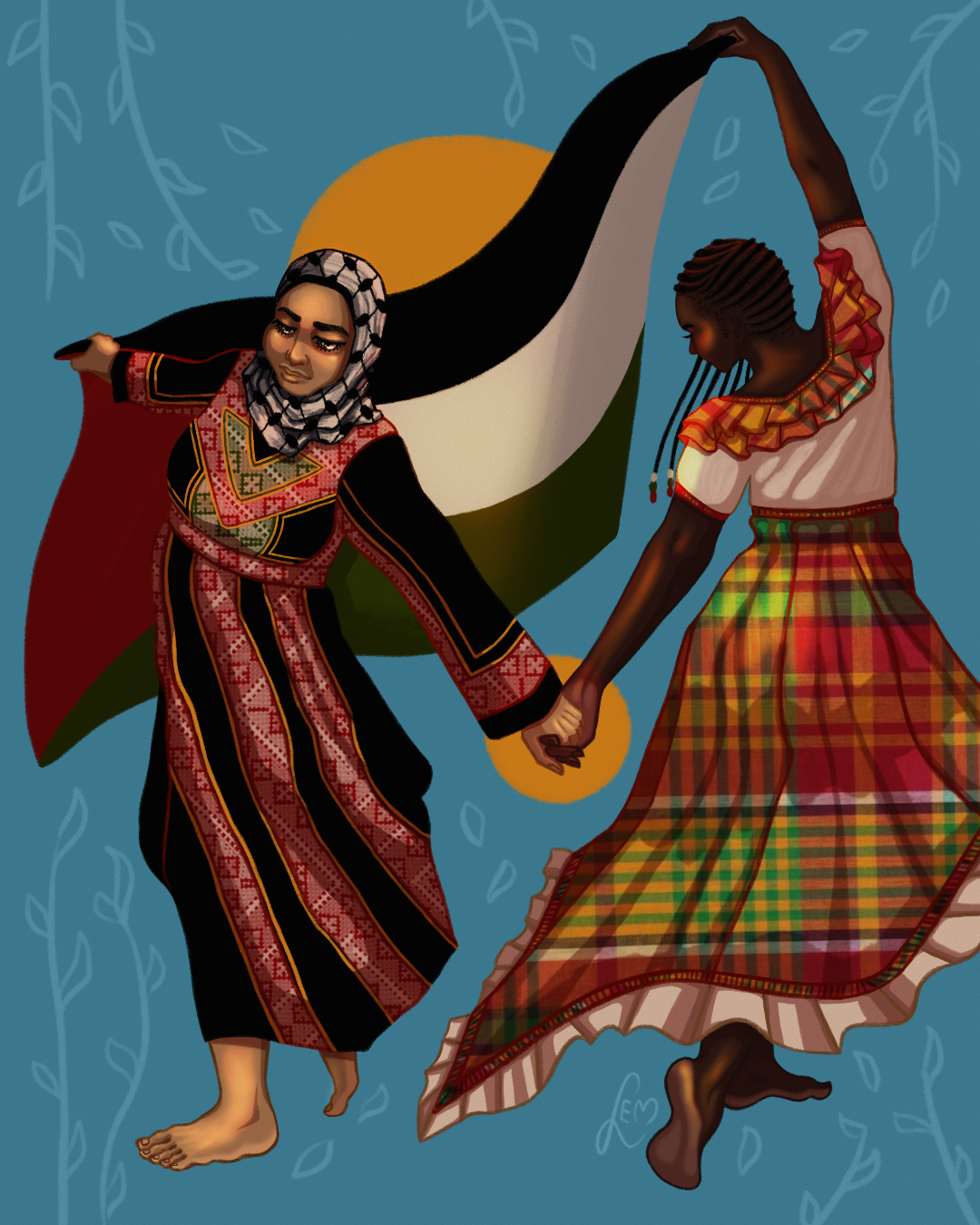
Guyana, Venezuela, and Colonialism
Although the current lines dividing South America and the Caribbean were drawn by colonial powers and do not reflect the reality of the indigenous residents prior to colonisation, it is nevertheless important to recognise that the indigenous Caribbean people – in addition to the afro-Caribbean and indo-Caribbean people – living in the Essequibo region consider themselves Guyanese. This fact alone should warrant an end to the dispute.

Transnational Feminism and Gender-Based Violence
A world released from the vicious grip of gender-based violence demands building movements across borders and regions. It calls for us to agitate for Palestine’s liberation, to push for an end to the war in Sudan and assist those displaced by it, and to protest the neocolonial forces keeping the Democratic Republic of the Congo in conflict and its people exploited for resources that power our societies. It calls for us to stand with Guyana and the people of the Essequibo region – many of whom are indigenous – who are at risk of being uprooted from their homes in the face of potential annexation by Venezuela. It requires that we engage in direct action and work to elevate the Caribbean’s collective consciousness through education and the co-creation of feminist thought.

raíces
madre estas raíces no se pegan a nada
madre tu angustia no se quita con nada

